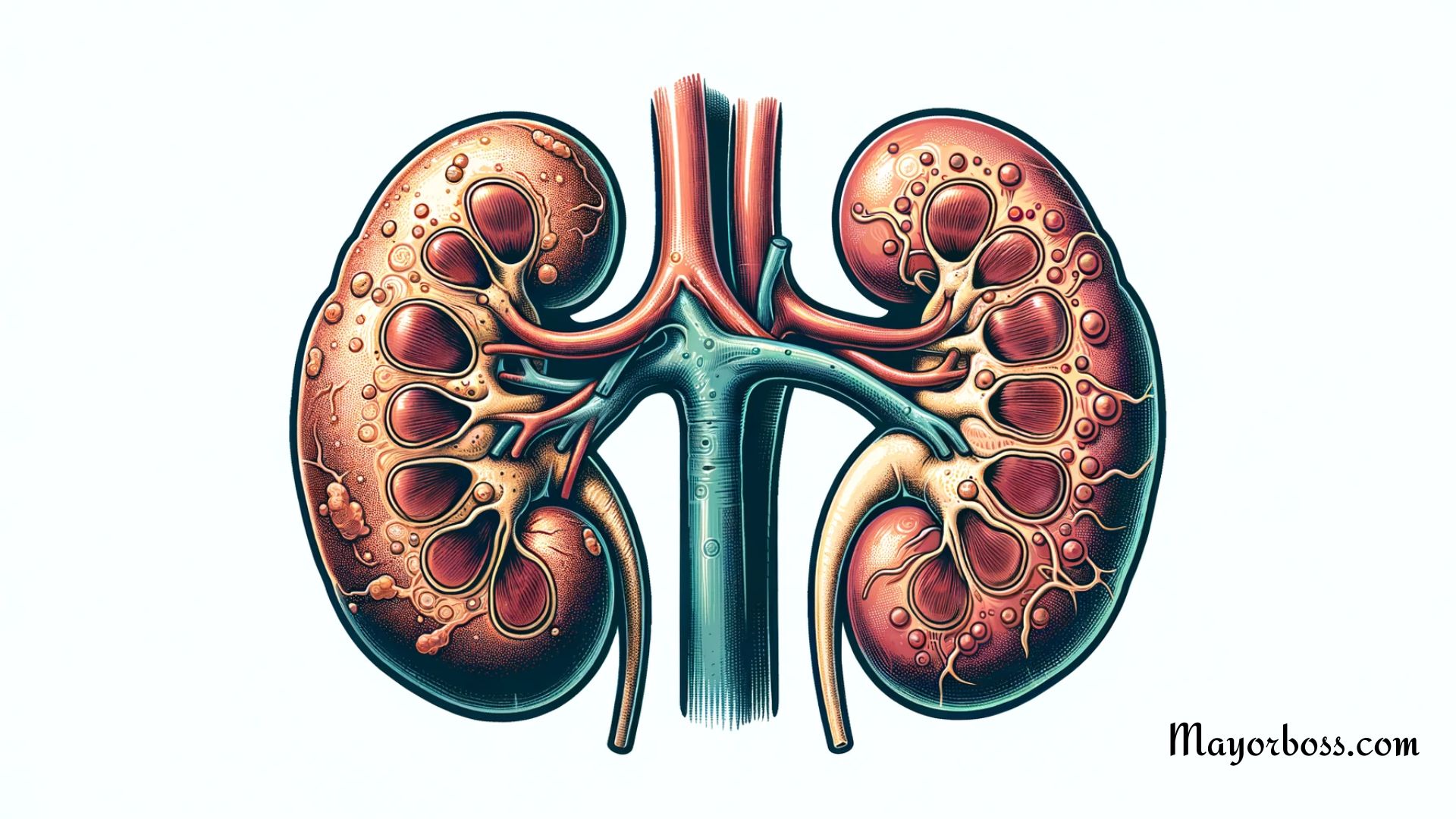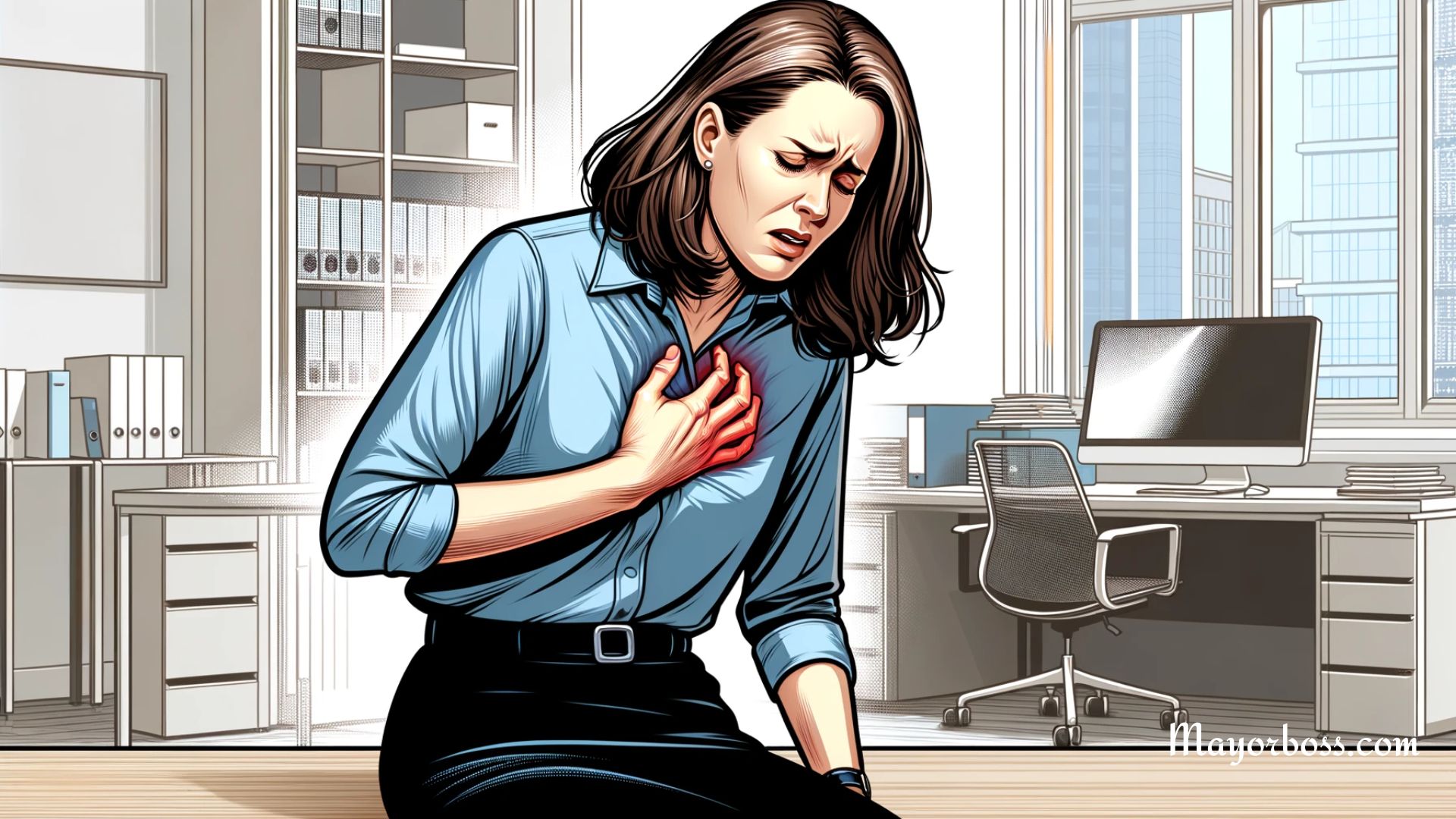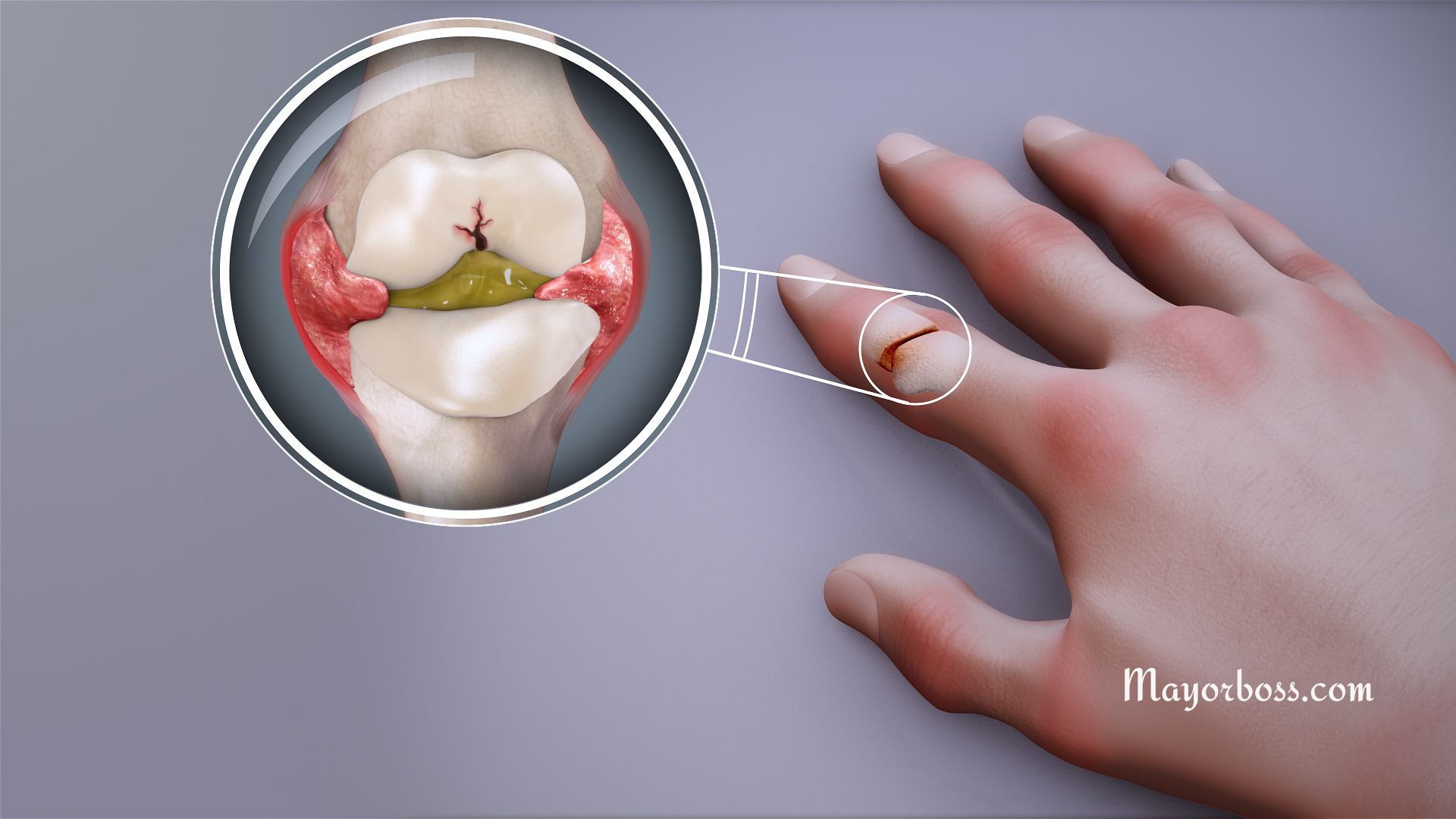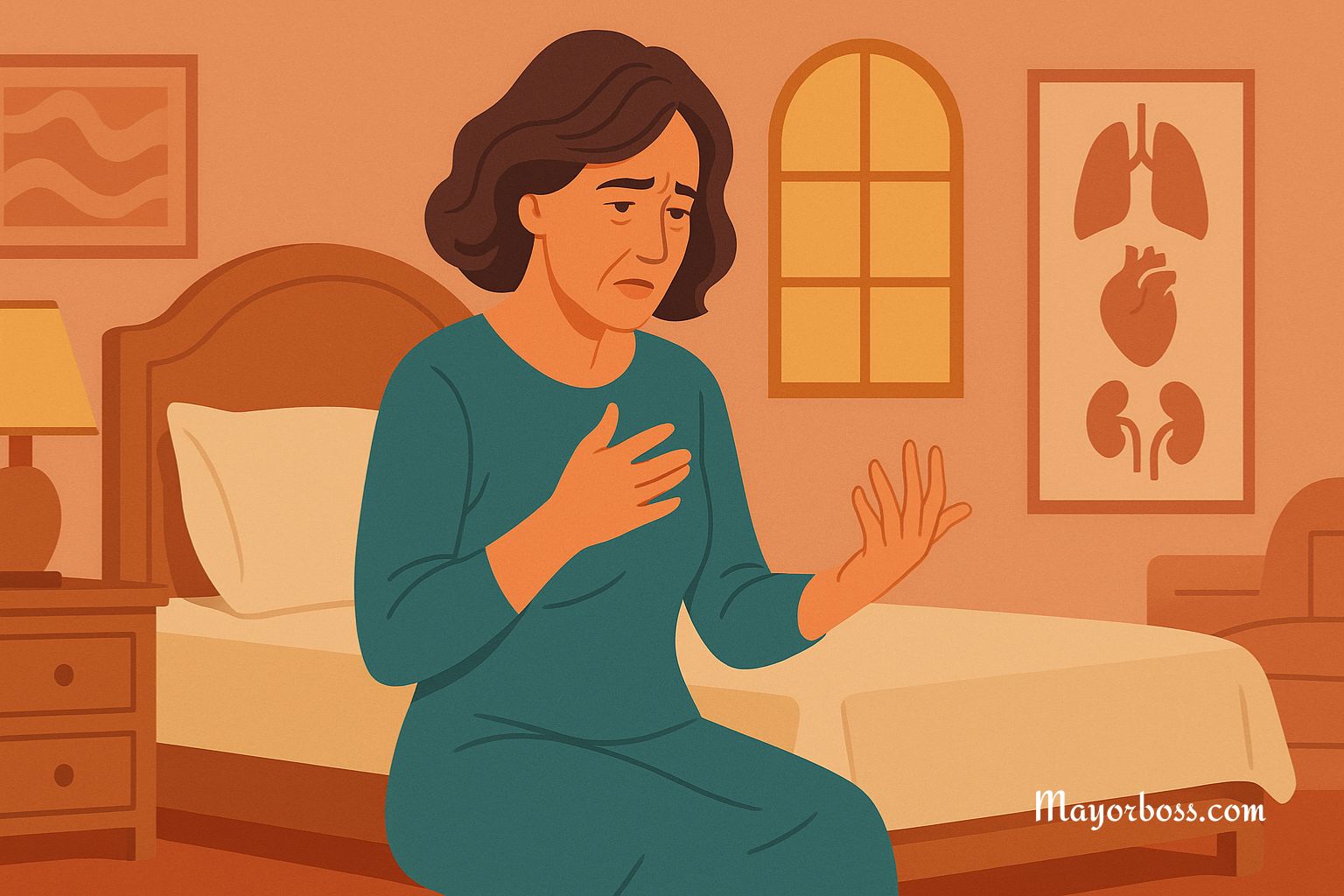What is Chronic Kidney Disease (CKD)?
What is Chronic Kidney Disease (CKD)?
Chronic Kidney Disease, or CKD, is an ailment where your kidneys gradually lose their capacity to function correctly. Your kidneys play a critical role in your body. They filter waste and surplus fluids from your blood, which are passed through your urine. When CKD progresses, it can lead to a buildup of waste in your body, potentially causing serious health problems.

How Does CKD Develop?
CKD doesn’t happen overnight. Instead, it develops over the years and is often due to long-term diseases. The two most likely causes of CKD are diabetes and high blood pressure, which are actually responsible for up to two-thirds of the cases. These conditions damage the tiny blood vessels in the kidneys, reducing their filtering ability.
Other causes include:
- Glomerulonephritis: an inflammation of the kidney’s filtering units.
- Polycystic kidney disease: a genetic disorder causing numerous cysts in the kidneys.
- Prolonged obstruction of the urinary tract from diseases such as kidney stones, enlarged prostate, and even some cancers.
- Repeated urinary infections.
Symptoms of CKD
In the early stages, CKD often doesn’t show any symptoms. However, as your kidney function declines, you may notice:
- Fatigue and weakness
- Swelling in your feet and ankles
- Changes in how often you need to urinate
- Shortness of breath
- Blood in your urine
- High blood pressure that’s difficult to control
Diagnosing CKD
If you have symptoms or are at risk of CKD, your doctor might suggest several tests. These include:
- Blood tests to check for levels of creatinine and urea, indicating kidney function.
- Urine tests to detect abnormalities like protein or blood in your urine.
- Imaging tests, like ultrasounds, to check kidney size and structure.
- A kidney biopsy, in certain cases, is used to determine the cause of kidney damage.
Managing CKD
While there’s no cure for CKD, treatment can slow its progression. Managing underlying conditions like diabetes and high blood pressure is crucial. Your doctor might recommend:
- Medications to control blood pressure, decrease cholesterol levels, and treat anemia.
- Changes in your diet, like reducing salt intake and lowering blood pressure.
- Staying active and maintaining a healthy weight.
- Quitting smoking if you smoke, as smoking can worsen kidney damage.
In advanced stages, treatment options include dialysis, which artificially filters your blood or a kidney transplant.
Preventing CKD
You can decrease your chance of developing CKD by:
- Controlling your blood sugar if you have diabetes.
- Maintaining healthy blood pressure.
- Leading a healthy lifestyle with regular exercise and a balanced diet.
- Avoiding overuse of medications that can harm the kidneys, like NSAIDs and certain antibiotics.
- Regular check-ups, especially if you have risk factors for kidney disease.






